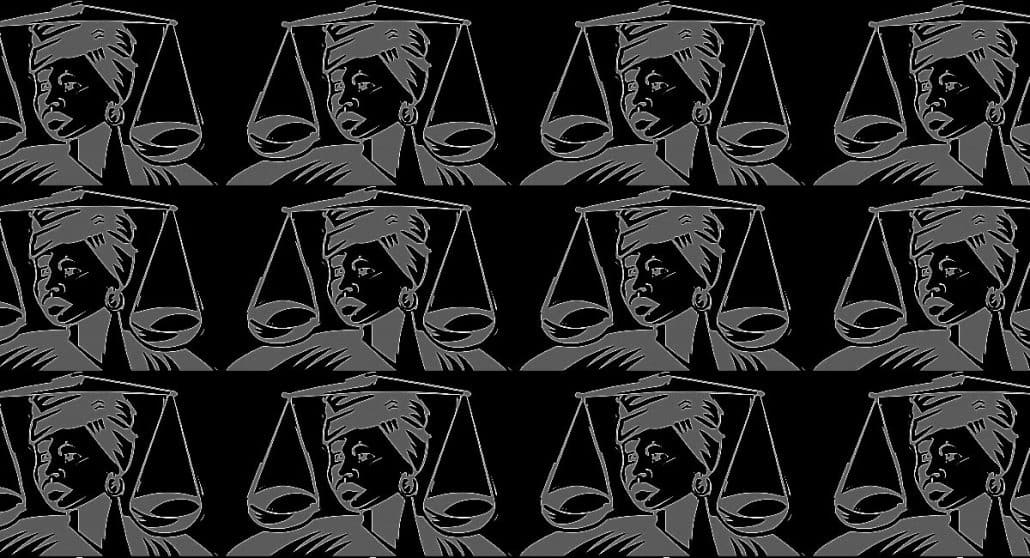The Independent Directorate (ID), a unit within the National Prosecuting Authority (NPA), was first established in 2019 to address complex corruption cases that arose out of the Zondo commission’s investigations. With an initial lifespan of two years, it was meant to bolster such cases to give the NPA the necessary advantage in dealing with them.
President Cyril Ramaphosa announced further amendments to the commission’s regulations in 2020, to enable the ID to tackle investigations in parallel with the commission. This meant that the commission could share information with the ID in some of the cases, for the latter to proceed with its own probe. He announced the intention to make the ID permanent in October 2022, in section 5.2.18 of the government’s response to the commission’s final report.
Cabinet approved the NPA Amendment Bill a year ago, and the resulting NPA Amendment Act commenced on 19 August 2024 through a proclamation in the Government Gazette, Ramaphosa having signed it into law on 24 May. Most sections are now in force except for section 8, which is a new insertion dealing with the establishment of a complaints mechanism and providing for the appointment of a retired judge to oversee complaints investigations.
The proclamation gives the directorate an amended name and makes it a permanent, independent unit within the NPA. It is now known as the Investigating Directorate Against Corruption (IDAC). Regulations to the act were gazetted at the same time and are thus also in force.
The IDAC is now capacitated with full police powers, giving it the capability to conduct criminal investigations independently and effectively. It is also now able to employ a dedicated team of skilled police officers, forensic experts, and specialist investigators, among others.
“This will give full effect to the prosecution-led model and will enable IDAC to recruit and retain the specialised skills to deliver on its mandate,” said the NPA at the signing of the act into law. “This will also allow the NPA’s Asset Forfeiture Unit to work closely with the IDAC moving forward, to institute asset recovery interventions, side by side with prosecutions, considering that money is a key driver of corruption.”
The ANC waxed lyrical in a statement about the development, saying it is a “decisive step in strengthening law enforcement capabilities to defend the rule of law as a fundamental pillar of our constitutional democracy and showcases South Africa’s commitment to maintaining the highest standards of governance and accountability”.
The party said it is “confident that the establishment of this permanent directorate will enhance our anti-corruption framework, which is part of the ANC’s manifesto priority of tackling corruption and will also significantly contribute towards the rebuilding of trust of South Africans in the democratic order and its institutions”.
Not all opinions welcoming
Advocate Paul Hoffman SC is more sceptical than the authors of the ebullient ANC press release.
For one thing, he says, the party should not claim to be serious about clamping down on corruption or being committed to the “highest standards” of governance and accountability. The general public, as well as organisations such as Corruption Watch, are acutely aware that accountability for those caught red-handed in corrupt activities has been in short supply.
“It is a little rich for a political party described by its current leader as ‘Accused Number One’ in the context of the state capture corruption that is still ongoing to pretend it is involved in a ‘comprehensive and sustained fight against corruption’,” he said.
Furthermore, Hoffman says, “IDAC is neither independent nor will it be effective.” He refers to the Glenister v President of RSA judgment of 2011, in which the Constitutional Court emphasised the independence of anti-corruption bodies, specifically referring to South Africa’s duty to implement international anti-corruption treaty obligations which require “the establishment and maintenance of an adequately independent entity capable of effectively countering the corrupt”.
The independence of institutions such as the NPA, Hawks, other law enforcement bodies, and even various commissions of inquiry that have come and gone, has been questioned over and over, meaning that any institution set up now to fight corruption will have to be independent beyond question.
Hoffman is of the opinion that the IDAC is unconstitutional because it does not comply [as far as its independence is concerned] with the Glenister judgment which binds the government in terms of section 165(5) of the Constitution. This section states: “An order or decision issued by a court binds all persons to whom and organs of state to which it applies.”
In addition, because the IDAC does not enjoy Chapter 9 status, says Hoffman, should another Jacob Zuma come into power, that person will shut it down as quickly as Zuma shut down the Scorpions in 2009, the same year he became president. This, he believes, gives falsehood to the stated permanence of the IDAC because it sits within the NPA which itself has been hollowed out by state capture, and neither body is independent.
“The best strategy to overcome this weakness is to house the anti-corruption entity in the Chapter 9 architecture of the Constitution. No Chapter 9 body reports to the executive, and the closure of such a body requires a two-thirds majority, unattainable without cross-party co-operation both in the seventh Parliament and in the foreseeable future.”
As it stands, the IDAC – like the Scorpions – can be discontinued with a “simple majority” in the National Assembly.

